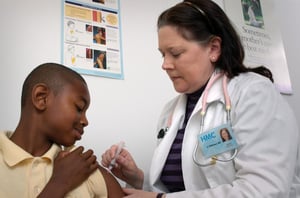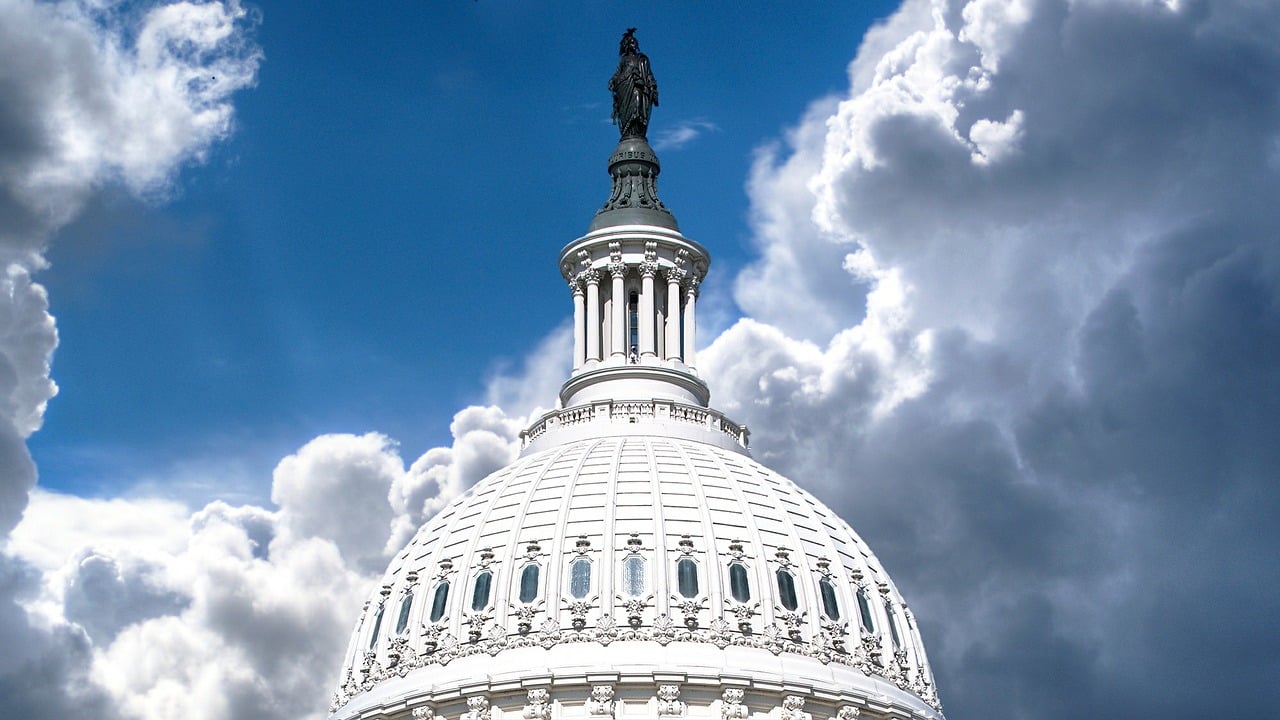 UPDATED post: Last Friday afternoon, the House of Representatives withdrew a scheduled vote on H.R. 1628, the "American Health Care Act (AHCA) of 2017," after it was very clear that House Speaker Paul Ryan (R-WI) did not have the votes for passage. This came after a late-night deal of adding a provision to H.R. 1628 that would have cut $15 billion in mandatory care, as required under the Affordable Care Act of 2010, which would have impacted maternal and mental health coverage.
UPDATED post: Last Friday afternoon, the House of Representatives withdrew a scheduled vote on H.R. 1628, the "American Health Care Act (AHCA) of 2017," after it was very clear that House Speaker Paul Ryan (R-WI) did not have the votes for passage. This came after a late-night deal of adding a provision to H.R. 1628 that would have cut $15 billion in mandatory care, as required under the Affordable Care Act of 2010, which would have impacted maternal and mental health coverage.
After failing to bring AHCA to the House floor, both President Trump and Speaker Ryan declared that there would be no further action on health care reform for the foreseeable future.
In addition to the consequences of cutting funds for maternal care, H.R. 1628 would have likely had a damaging effect on low-income and working class families, especially children, if it became law. In particular, the bill would have fundamentally changed Medicaid in two ways:
- It would cap Medicaid starting in 2020 - if states were to exceed the cap, then they would likely lose Medicaid funding in the following fiscal year. In addition, the bill would allow Congress to draw funding from Medicaid to offset costs associated with other possible tax/ infrastructure bills;
- Medicaid expansion would end - perhaps one of the greatest benefits to millions of children and families under the ACA was the expansion of Medicaid, which 32 states are currently benefiting from (some are using expansion alternatives) and enhanced and expanded the federal matching percentage (FMAP). The House bill would effectively defund the expansion after December 31, 2019, and after that date, states could only accept new Medicaid enrollees based on the pre-expansion FMAP.
In addition, the House bill would repeal the individual mandate for both individuals and employers, ends subsidies for out of pockets expenses, and would offer tax credits that were based on age, rather than income.
The result of this bill, if passed, would likely cause millions to lose their insurance and limit access for low-income and working class children and families. In fact, according to an estimate by the Congressional Budget Office (CBO), 24 million people would lose access to health insurance by 2026, with the first 14 million being denied in 2018. In addition, the CBO claims that the House health care bill would reduce Medicaid spending by $880 billion over the next 10 years.
With regards to deductibles, the CBO projects that they will rise significantly for low-income families.
On March 15, the House Budget Committee will combine both measures and include its repeal and replace measures, and is expected to approve the legislation which would then head to the House floor. While AHCA has a strong chance of passage in the House, resistance is building in the Senate, including enough Republicans to prevent passage. That said, the House is expected to vote on this legislation later this month. The next step would likely include House and Senate leaders trying to work out a compromise. However, any deal would likely result in many children and families losing health care coverage.
Child Care Aware® of America believes that quality child care settings are ones that are provided in healthy environments and that develop age-appropriate healthy habits. Access to health insurance for children has long-term positive outcomes, such as reductions in infant mortality, illness and deaths, improved overall childhood health, and reduced disability. Access to health care also improves academic and social emotional success and well-being. We encourage policies that promote further access to affordable quality health care for children and their families. Learn more by visiting our policy agenda at www.usa.childcareaware.org/policyagenda.





